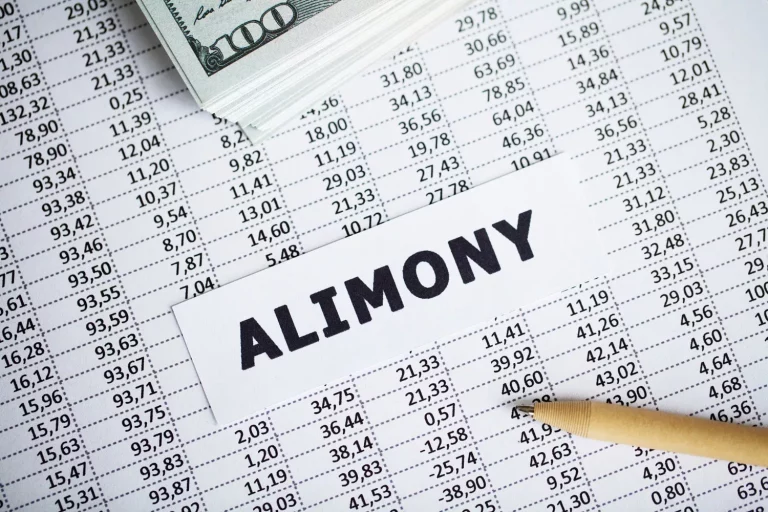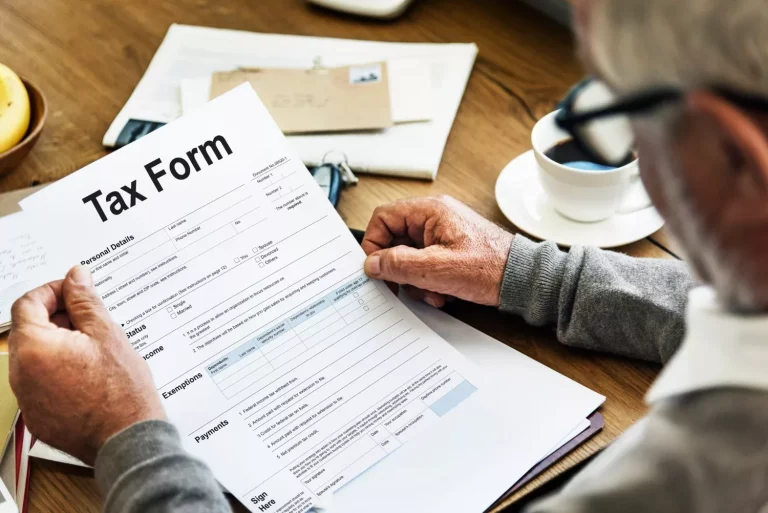When Does Alimony End in Massachusetts
Ever wondered when alimony payments come to an end in Massachusetts? Our team of experienced divorce lawyers at TheBostonDivorceLawyer will provide you with the answers you need. Explore the ins and outs of alimony termination in Massachusetts with us.
As stated in Massachusetts General Laws Chapter 208, Section 49, alimony ends when the receiving spouse remarries or either spouse dies.
Additionally, alimony may also end if the paying spouse can prove a substantial change in circumstances warranting a modification or termination of the alimony arrangement.
Duration of marriage
How long a marriage lasted is a big factor in deciding how long alimony payments will continue. Generally, the longer the marriage, the longer alimony will be paid.
- If the marriage lasted less than 5 years, alimony usually lasts about half the length of the marriage.
- For marriages between 5 and 10 years, alimony may last for 50% to 70% of the marriage length.
- Marriages between 10 and 15 years might lead to alimony for 60% to 80% of the marriage length.
- If the marriage was between 15 and 20 years, alimony could last for 70% to 90% of the marriage length.
- For marriages longer than 20 years, alimony might be paid indefinitely.
The court considers several factors when determining alimony length, such as how long the marriage lasted, each spouse’s financial needs and earning potential, and the contributions each spouse made to the marriage. It is advisable to consult a lawyer to understand how these factors may affect alimony in your case.
In Massachusetts, how long a marriage lasted significantly affects when alimony will end. Each case is different and needs detailed consideration of its specific details.
Court order
Alimony is money given to help a spouse who earns less or can’t support themselves. The court decides how much and how long alimony is paid by looking at things like how long the marriage lasted and each spouse’s income and needs.
Usually, alimony stops when either spouse dies or if the spouse getting alimony gets remarried. In Massachusetts, alimony can also stop if the spouse receiving it moves in with a new partner in a relationship similar to marriage. Alimony might also end if the person paying it reaches retirement age or if their financial situation changes a lot.
To be fair, in Massachusetts, alimony payments can be changed or stopped if there is a big change in situations, like losing a job, making more money, or changing marital status. Either spouse can ask the court to change the alimony order by filing paperwork.
It’s important for both spouses to follow the court’s order about alimony payments to avoid legal trouble. Not paying alimony can lead to court charges and enforcement actions. It’s a good idea for both spouses to talk to a family law attorney to understand their alimony rights and responsibilities in Massachusetts.
Retirement
Sometimes, alimony payments continue after retirement if the spouse receiving the support shows they still need the money. Retirement can change the finances for both people involved in the divorce, making it an important factor in deciding how long alimony should last. Both spouses need to understand their divorce agreement about alimony and retirement to avoid confusion later. Retirement age can differ based on personal situations and what was agreed upon during the divorce.
You know, it might be a good idea for both parties to talk to a lawyer to fully understand their rights and duties regarding alimony and retirement in Massachusetts. Staying in touch and being aware of any financial changes that might affect alimony after retirement is essential. Knowing the rules and laws about alimony and retirement can help both parties plan ahead and make the transition smoother when alimony is supposed to stop.
Remarriage
Alimony is meant to give financial help to a spouse who depends on the other for money. When the dependent spouse gets remarried, their financial situation might change, and they may not need alimony anymore.
But there are some exceptions. Sometimes, alimony can continue even after the receiving spouse remarries if the divorce agreement says so. Also, the court might look at other things, like how long the marriage lasted and how much money each spouse contributed, to decide if alimony should keep going after remarriage.
It seems that, it’s important for both spouses to know what their divorce agreement says and the alimony laws in Massachusetts. If either spouse thinks alimony should continue or stop because of remarriage, they may need to talk to a lawyer to understand the divorce laws better.
In short, remarriage usually affects when alimony ends in Massachusetts, but there are exceptions and different factors that might change this, depending on the details of the divorce agreement.

Death
If the spouse who pays alimony dies, their obligation to pay ends. Similarly, if the spouse receiving alimony dies, the payments stop.
Both parties in an alimony agreement need to know these rules about death and the end of alimony. The paying spouse should know that they won’t need to make payments after their death. The receiving spouse should be aware that their alimony income will stop if they pass away.
As far as I’m concerned, people going through a divorce and discussing alimony should think about how death affects alimony. It might be helpful to include these points in the alimony agreement to prevent confusion or disputes later.
In Massachusetts, alimony payments usually stop when either spouse dies. It’s important for both paying and receiving spouses to understand these rules and plan ahead to avoid any financial misunderstandings regarding alimony and death.
In Final Consideration
In Massachusetts, alimony typically ends when the receiving spouse remarries, either party passes away, or a court-ordered date of termination is reached.
What TheBostonDivorceLawyers is suggesting to put money into is, it is important for individuals involved in alimony agreements to understand the specific terms outlined in their agreement to ensure a smooth transition when the payments come to an end.







